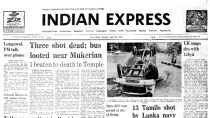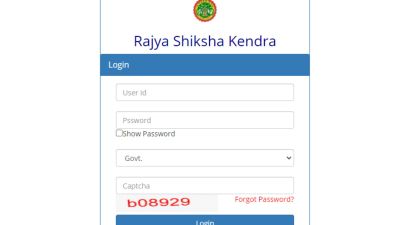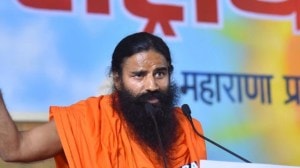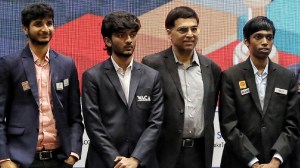- India
- International
Say sorry
By flagging malice in handling of Tablighi episode, Delhi court upholds justice. The least government can do is to apologise.
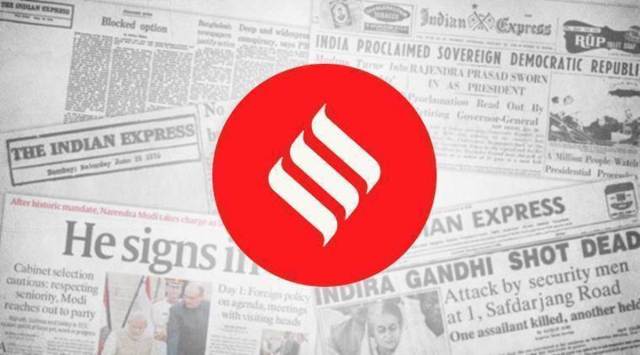 In August, the Aurangabad bench of the Bombay High Court criticised the “scapegoating” of Tablighis for the pandemic.
In August, the Aurangabad bench of the Bombay High Court criticised the “scapegoating” of Tablighis for the pandemic.In early April, when the COVID-19 pandemic had just begun to rage in India, an international Muslim missionary group, the Tablighi Jamaat, was charged of aggravating the health emergency. The government blacklisted over 950 foreign nationals, accusing them of contravening emergency rules by participating in a Jamaat congregation at its markaz (centre) in Delhi — the event was incriminated for being a super-spreader. More than 900 pleaded guilty as part of a “plea bargain” — by all accounts, because they did not want to stand trial in the country. Forty-four of the accused, however, intrepidly stood their ground. On August 24, about three weeks after the Supreme Court ruled that the trials be conducted in a time-bound manner, a Delhi magistrate’s court found “no prima facie evidence” against eight of the accused. Now, on Tuesday, a metropolitan court in the capital exonerated the other 36. The acquittals are indictment enough of the government’s handling of the episode. Even more sobering are the court’s observations: “None of them were present at the markaz on the relevant period and they had been picked up from different places so as to maliciously prosecute them upon directions from the Ministry of Home Affairs”.
The congregation took place on March 13-15. The lockdown in India was about 10 days away but the virus had given ample evidence of its notoriously contagious character. Yet, by all accounts, diligence does not seem to have been shown in screening the participants, many of whom had travelled from COVID-19 hotspots of that time, such as Malaysia and Indonesia. In the weeks after the meet, state governments launched desperate operations to identify the Tablighis, who had dispersed from Delhi. Some BJP leaders blamed the gathering for the country’s worsening COVID situation — senior functionaries of the party and in the government likened the Tablighis to “terrorists”, excoriated them “for moving around like a bomb” and described the meet as a “Talibani crime”. All this fed into the country’s worsening communal narrative, spawning a new wave of bigotry.
In August, the Aurangabad bench of the Bombay High Court criticised the “scapegoating” of Tablighis for the pandemic. “It is now time to repent this action and take positive steps to repair the damage,” it said. After the verdict in the capital on Tuesday, the government must revisit this message. It must apologise to those it had wrongly accused and tainted.
EXPRESS OPINION
Best of Express

Must Read
More Explained
Apr 23: Latest News
- 01
- 02
- 03
- 04
- 05


